Choosing to leave your job/profession is a difficult decision and is not made lightly by individuals. Which leads to the question…why are women in the STEM workforce more likely to leave their job than women in any other profession?
Women in the STEM workforce leave their jobs at an alarming rate compared to their male counterparts and even women in other professions. In fact, in the high tech industry, the quit rate level of women is more than double that of men at 41%, compared to the male counterparts 17% (1). Even more alarming is that 56% of women who are at mid-level points in their career (approx. 10-20 years) are leaving their positions. It would be easy to assume that the women are leaving these positions because they do not like the work itself, however, 80% of women in science, engineering and technology report loving their work (1).
So if these women are not leaving their positions because of the work itself, why are they leaving? And what can we do to prevent this lack of retention?
Why Are Women Leaving STEM Fields?
There are significantly less women in STEM than there are men, with women accounting for less than 25% of the total STEM workforce (2). With this lack of representation, it is understandable that there tend to struggle for women navigating this career path. With that being said, it’s important for us to understand what these struggles may be in order to address them and make STEM a place where women want to grow and maintain their professional careers.
Gender Stereotypes Inhibiting Growth
As much as we would all like to think that in 2020, gender stereotypes no longer play a role in the workplace, it’s simply untrue. The constant struggle we see of women in regards to leadership positions is that if they are too strong-willed, too confrontational, too outspoken, then they are considered “mean” or “rude” and should not be in power. However, on the contrary, if women don’t speak up enough, are too friendly, too agreeable then they are not leadership material because they are not strong enough. These gender stereotypes prevent women from seeing the trajectory of their professional careers develop in this line of work and can lead them to be dissatisfied and quitting.
Lack of Diversity (Especially in Leadership)
There is a lack of gender diversity in STEM, with women making up only 24% of the STEM workforce (5). It makes sense that in a workforce that is primarily male-dominated women would find themselves slightly uncomfortable. It’s also notably important that women do not have many women to look up to in STEM careers as women in leadership roles in these professions are rare and women are not widely culturally represented in STEM. Without having that vision and that mentorship, it is hard for women to be able to envision themselves in a successful long term career in a STEM profession.
Parenthood
After having their first kid, it is shown that almost half (more than 40%) of women end up becoming part-time or leaving their science career (3). These numbers are alarming and much higher than that of non-STEM professions. Sociologist Erin Cech said, “STEM work is often culturally less tolerant and supportive of caregiving responsibilities than other occupations.” When returning to the workforce after maternity, women feel like they are being pushed out of their jobs. This is due to lack of flexibility within the workforce and because bosses and colleagues presume that women are less dedicated to their careers after becoming a mother (4). This lack of support in the infrastructure of the STEM workforce for mothers and parental units, in general, is driving women out of a career that desperately needs their retention!
What Changes Can Be Made?
Noting the struggles that were mentioned and others that were not, it begs the question: what changes can be made in order to retain women in STEM professions?
The culture of how women are treated and represented in STEM needs to be altered in order for it to be an enriching profession for women. However, this is much easier said than done and will take time and the determination of the leading forces in the STEM field to achieve.
Educating Leadership on Inclusion
The leadership instilled in an organization tends to have a trickle-down effect on the type of people that end up employed there. So, making sure that those in leadership positions at STEM companies are informed and conscientious of the prenotions that exist in the world and in the STEM field. In addition to this, it is important to develop accountability measures to keep leadership honest and engaged with inclusivity measures (6).
Mentorship Programs for Women
Creating an environment where women feel that they are equally connected and empowered is important for the development of their careers. By companies instilling organizational mentor programs, it can give women a feeling of inclusion that is often lacking in the male-dominated field. In addition, mentoring programs are shown to set employees up for success in terms of promotions and salary boosts. A study conducted by the Wharton School of Business found that 25% of employees in a test group who were in a mentoring program had a salary grade change, in comparison to 5% of employees in the test group who did not participate in the mentoring program (7). Taking this into consideration, jobs should consider setting up mentorship programs specifically for women in order to help advance them in the organization.
Provide Better Environments for Working Parents
In a field like STEM, where the pace of innovation is rapid and the workload is often rigorous, becoming a parent can be a stressful thought. The culture throughout STEM is that your job is the most important thing and promptly being allowed to leave at 5 PM to pick up your child is not always feasible. The first step that can be taken to ensure that women with families feel encouraged to stay in the profession is to offer good maternity benefits for the mother. Many STEM companies do not provide enough time for mothers to provide sufficient support for their new child before they are forced back to work (8). In addition to these benefits, creating a work culture that supports and uplifts ideals of work-life balance is crucial for the inclusion of women in STEM. Even in these modern times women foster the majority of parental duties and creating an environment where they don’t feel the need to choose between their work or their family will help immensely.
In Conclusion
The retention of women in tech has been an ongoing struggle. Understanding what has lead to this issue is essential for assessing the methods that can be taken in order to fix it.
While we have large strides to make in order for women to feel more included in STEM careers, it is not unachievable. Recognizing the importance of fostering work cultures that are supportive of women and their advancement is crucial in order to bring the retention rate of women in STEM up and make the field more diverse and inclusive.
- https://www.ncwit.org/sites/default/files/resources/womenintech_facts_fullreport_05132016.pdf
- https://files.eric.ed.gov/fulltext/EJ1094603.pdf
- https://www.nature.com/articles/d41586-019-00611-1?utm_source=Nature+Briefing&utm_campaign=69f4e297f5-briefing-dy-20190220&utm_medium=email&utm_term=0_c9dfd39373-69f4e297f5-42153111&utm_source=STAT+Newsletters&utm_campaign=9015dbb826-MR&utm_medium=email&utm_term=0_8cab1d7961-9015dbb826-149903529
- https://www.pnas.org/content/116/10/4182
- https://belonging.berkeley.edu/women-stem-its-not-just-numbers-problem
- https://link.springer.com/article/10.1007/s13246-016-0473-7
- https://chronus.com/mentoring-women-in-the-workplace
- https://www.wired.com/story/parents-fleeing-stem-careers/





